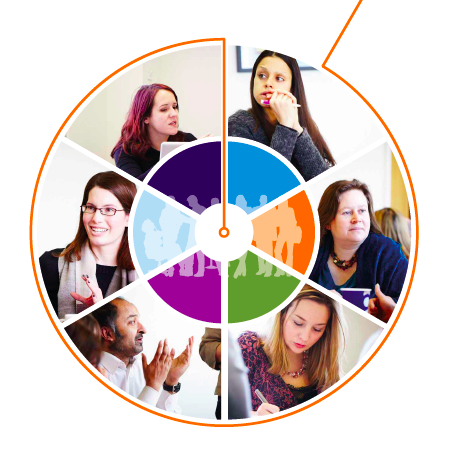What do you need to learn more about this year? Where are the gaps in your knowledge when it comes to all things internal communication, and do you have a plan in place to address them?
Today PR Academy released findings from its research among past and present students to identify the current skills gaps. More than half of the respondents (52%) identified Digital Communications, followed by Strategic Planning (46%), and Measurement (44%).
The statistic is from the third annual ‘Qualifications for Communicators Trends Survey’, which aims to discover the status of PR Academy students and their views on professional qualifications. You can see the whole results here.
I’m not surprised by these topics because they ranked highly in response to my own research into what readers of my blog want to read more about, and are among my most popular search terms.
‘Mind the gap’ can often be heard in the Tube stations of the London Underground to warn passengers of the distances between trains and the platforms, and I think serves as a fitting soundtrack to the thoughts of many comms pros today, who are acutely aware there is room for personal development and improvement in order to ‘keep up. ‘
I’m speaking on this exact topic at the Institute of Internal Communication’s central region seminar in Leicester tomorrow. You can follow using the hashtag #fixthesix on Twitter.
I met with some of the past and present students recently at the PR Academy awards last month and the topics of conversation certainly echoed these findings.
Let’s look at the results… When asked if holding a professional qualification has led to career progression, compared to previous years, the number who said ‘yes’ fell. PR Academy cites the “ongoing suppressed job opportunities” as a likely cause. However, reassuringly, confidence that a qualification will lead to a career progression has increased slightly, with 37% of respondents compared to 36% last year. This confidence is also reflected in the key reason for undertaking a qualification in the first place – “to improve career prospects.”
The survey also shows:
- That almost two thirds (63%) of respondents continue to enjoy access to funding for qualifications through their employer, but that an increasing number (11% this year compared with 3% in 2010) don’t know if funding is available through their employer
- That to “Enhance my skills” has remained the top reason for studying for a qualification for the past three years.
Considering the top three skills gaps, it is perhaps unsurprising that when asked to identify the specialist qualifications they would be interested in studying, that respondents’ top three choices were Digital Communications (68%), followed by Measurement (56%) and Project Communications (56%).
Reacting to the findings, Ann Pilkington, PR Academy director, said: “Digital comms is still a relatively new and emerging area of communication practice and so you might expect to see this cited as a skills gap. Even the early adopters of digital tools are discovering that they need to continue to learn to keep pace with new developments. However, strategic planning and measurement has been the ‘Achilles heel’ of the communications disciplines for some time now. The fact that practitioners recognise this and want to address this through qualifications can only be a good thing.”
Simon Wakeman, Head of Communications at Medway Council and East Sussex County Council is quoted in the results as saying: “The best communications practitioners are those who possess a strong theoretical understanding of the profession as well as relevant career experience. Being able to use theoretical knowledge critically to evaluate the merits of different approaches leads to better communications decisions in practice. A continuing focus on professional skills during all stages of a communications career is more important than ever as public relations continues to change as a rapid pace. Professional qualifications provide an important benchmark of a communicator’s knowledge and skills – something that’s increasingly important when recruiting and can help individuals to stand out in a crowded marketplace.”
Commenting on the report, Barry Leggetter, Executive Director of International Association for Measurement and Evaluation of Communication (AMEC), said: “All PR professionals know they need to prove what they are doing is working. However, measurement is now assuming a deeper importance with its ability to show the business benefits of PR activity. While we’ve known this for some time, it is only relatively recently that important steps have been taken with the introduction of the ‘Barcelona Principles’ framework and launch of the AMEC International Certificate in Measurement and Evaluation (deadline for booking on to this course is 11 March – Rachel). The results of this survey around skills gaps and specialist qualifications are reassuring in that they highlight a growing awareness of the importance of measurement and a desire to learn more about this subject.”
I personally think professional qualifications are a good thing and have written about them many times here on my blog. Coupled with tangible experience, that combination delivers real value to both individuals and the organisations they work for. Professional communicators who see the benefit in equipping themselves to push their thinking further in order to be better communicators should be congratulated and recognised.
Further reading
If you want to know more about measurement, see the measurement matrix from Chartered Institute of Public Relations (CIPR) Inside. It was produced at the end of last year by internal communication professionals, and looks outputs and outcomes, plus what and how to measure.
It cites the fundamental principles of measurement as:
- Best practice goes beyond the inclusion of a few communication questions in an annual employee engagement survey.
- Research is part of everyday practice used to establish SMART communication objectives that are output and outcome based,
- Linked to organisational objectives that enhance reputation.
- Regular and real-time reporting that includes going beyond basic data is used to find insights from deep analysis.
- Benchmarking helps to put results into context.
You can see a list of courses via my Rachel’s resources page and the comms calendar from @theICcrowd also highlights various courses that are happening for internal communication professionals.
What do you think of the PR Academy findings? Do they surprise you? You’re welcome to comment below or tweet me @AllthingsIC, Rachel












Something to think about alongside formal qualifications is continuous professional development (CPD). The CIPR runs a good CPD scheme which allows you to accrue CPD points for a wide range of activities, including participation in webinars, attending breakfast briefings, conferences, reading relevant books etc. If you have a busy day job this can work well as it encourages you to undertake development in small, regular bite-sized chunks.
Related to this, the CIPR has also made available, free to members, a number of on-demand webinars on a wide range of subjects, including social media. Each of these are worth 5 CPD points (you need to try to accrue 60 in a year under the CPD scheme):
http://www.cipr.co.uk/content/training-qualifications/cipr-webinars
Thank you for your comment Bob and for highlighting the CPD scheme and resources. I agree with you that it’s a good scheme, I’m half way through the two-year process with CIPR myself and encourage other comms pros to consider it too,
Rachel